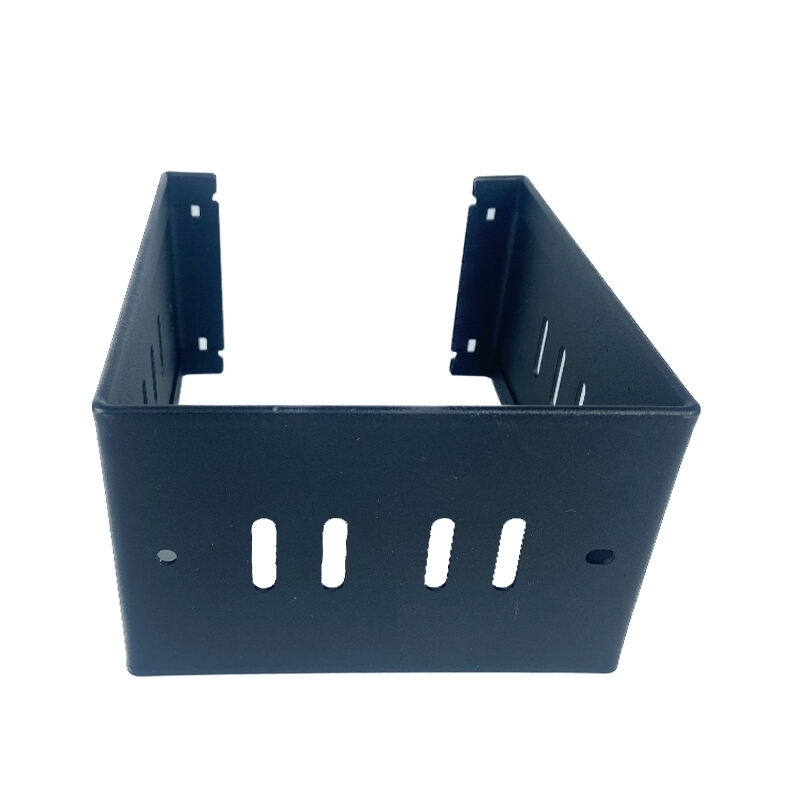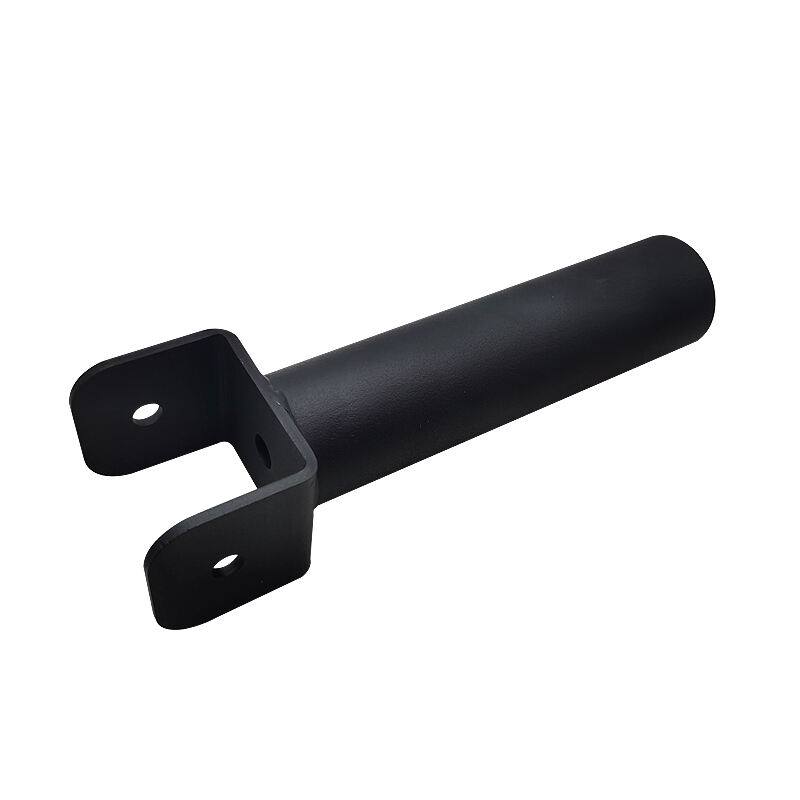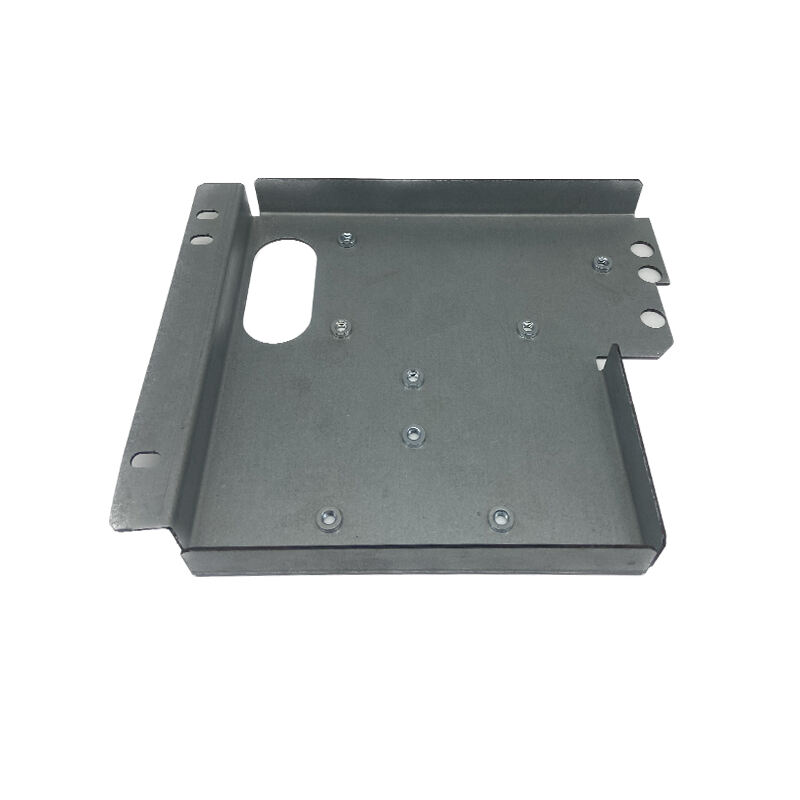sheet metal fabrication
Sheet metal fabrication is a comprehensive manufacturing process that transforms flat metal sheets into functional parts and products through various techniques including cutting, bending, forming, and joining. This versatile process employs advanced CNC machinery, laser cutting systems, and precision tools to create components with exceptional accuracy and consistency. The process begins with design and engineering, where CAD software enables precise specifications and optimization for manufacturing. Modern sheet metal fabrication incorporates automated systems that can handle materials ranging from aluminum and steel to specialized alloys, with thicknesses varying from thin gauges to heavy plate. The technology allows for both prototype development and high-volume production runs, making it suitable for diverse industries including automotive, aerospace, electronics, and construction. The process can accommodate complex geometries and intricate designs while maintaining tight tolerances and structural integrity. Quality control measures are integrated throughout the fabrication process, ensuring components meet exact specifications and industry standards. This manufacturing method is particularly valued for its ability to produce lightweight yet durable parts, optimize material usage, and deliver cost-effective solutions for both simple and complex components.


